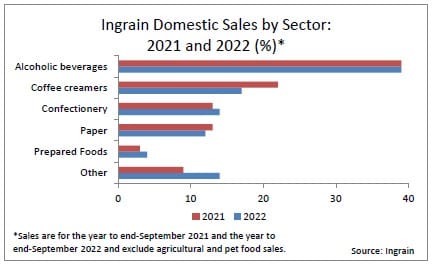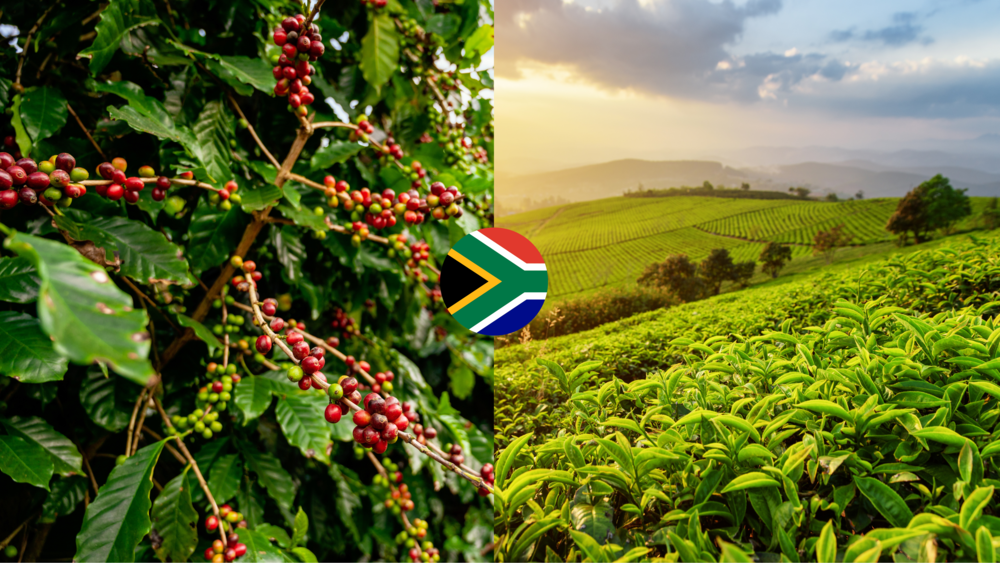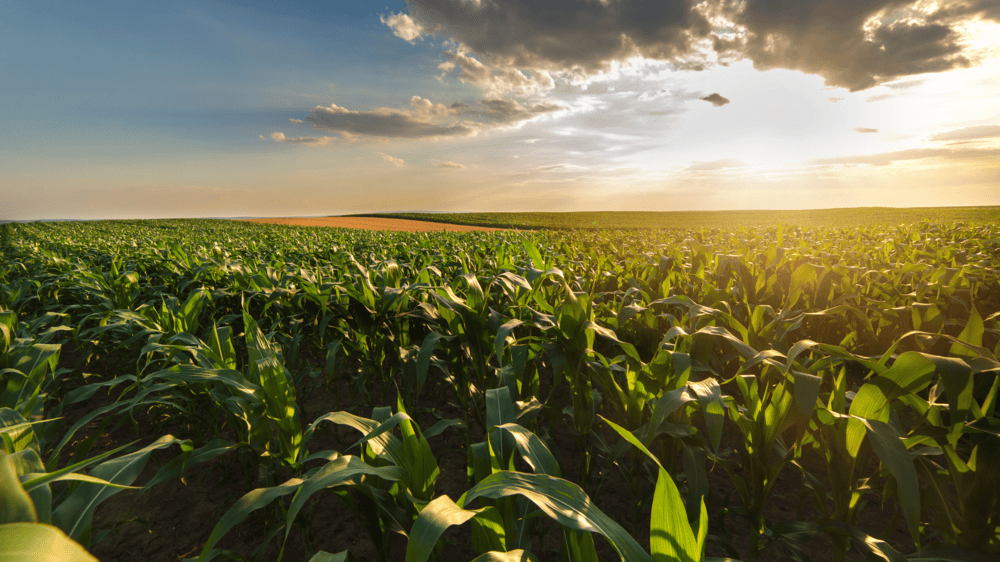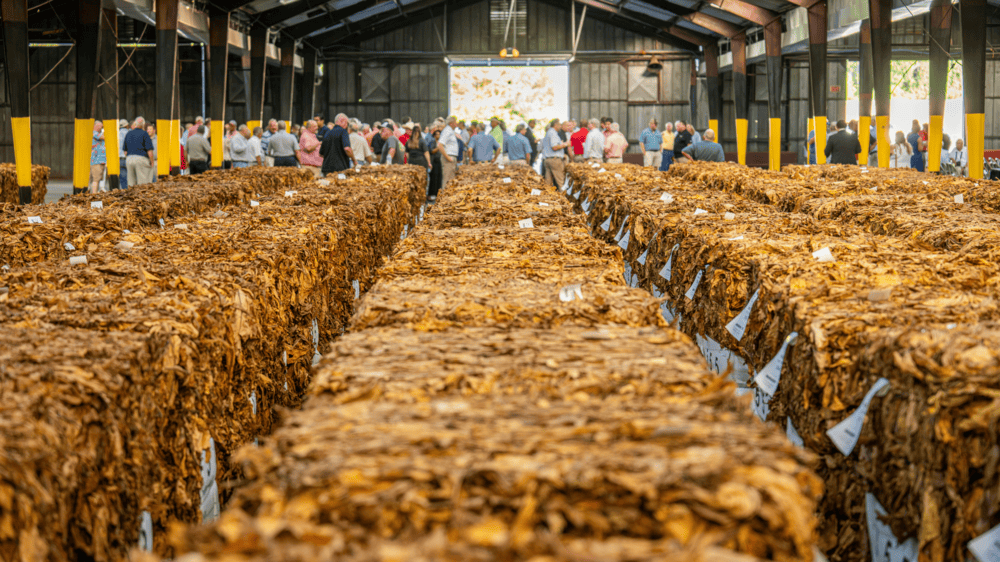How Competitive Is The Starch Industry in South Africa?
The starch industry is an unsung hero in the South African economy and is largely unnoticed. The WOW report on The Starch Industry in South Africa does it justice by highlighting the many uses of starch and the many end products that have it as an ingredient, from food to pharmaceutical applications. Starch, which is extracted from agricultural produce, refocuses attention on how agriculture is often undervalued as a contributor to the economy. The structural issue with the South African starch manufacturing sector is however a matter of some concern, with a few big players enabled by barriers to entry due to the expensive manufacturing equipment.
Starch Health Risks
With the increase in healthy lifestyle consciousness today, starch is often quoted as a nutrient to be watched in curbing the growing obesity problem and associated increase in diabetes prevalence among younger people as well as other consequential non-communicable diseases that lead to increased health risks. Higher risk of diabetes, heart disease and weight gain is generally attributed to the over-consumption of refined starches.
Whilst starch is the main source of energy for humans, expending energy has radically diminished in modern-day lifestyles, which leads to the storage of energy and weight gain.
Uses of Starch
To mention a few examples from the WOW report, starch is used in a number of applications. About 60% of starch is used in the food industry to produce a variety of products from confectionery to processed foods (such as sauces, snack foods, meat products and coffee whitener), alcoholic beverages and soft drinks. The remaining 40% is used in pharmaceuticals and other industries, such as paper, packaging materials, adhesives, cosmetics, weaving and textiles and building materials.

Barloworld’s Ingrain statistics in the graph above are reflective of this.
Starch is derived from agricultural produce i.e. maize, wheat, cassava, potato and tapioca. It is then extracted and processed to meet specific requirements of the many applications where starch is an essential component. Starch extraction and starch modifications require continuous research and development, expertise, technological advancement and investment.
South African Starch Businesses
The WOW report indicates that Ingrain, a subsidiary of Barloworld, accounted for 89% market share of the starch industry in South Africa – clearly a monopolistic situation. Ingrain has not refrained from exploiting its dominance by recently increasing prices by 40%, later reduced to 30% after a vociferous outcry by its customers. This decision has also triggered action by the other small players in the industry to request a Competition Commission investigation.
This happens when industry dominance makes it easy for companies to increase prices without fear of attracting competition or consideration for their clients and smaller players. In South Africa, the supply of electricity which has been erratic and unreliable, further hampered the growth of this important industry. Engineering News reported, “The impact of loadshedding on the economy and the food system is severe”. It affirmed that: “Loadshedding increases costs directly, and indirectly through higher rates of wastage and spoilage within food chains. Financial results from several food companies indicate that fuel expenses to run generators during loadshedding are skyrocketing.”.
Private Sector Investment in the Starch Industry
More insidious and more damaging to the economy, however, is the lack of investment in research and new equipment and machinery that is caused by the lack of real competition induced by market dominance and monopolistic advantage.
The WOW report indicates that starch imports are inter alia due to the lack of consistent quality of locally-produced modified starch. One starch distributor mentioned that Ingrain recently reduced the amount of modified starches it supplies it by 4,000t a year to 1,000t a year, due to regular maintenance issues of its ageing equipment. Ingrain in turn advised that it would put more effort into the maintenance of its equipment. It would be reasonable to argue that this is not good enough in a country that is a net importer of consistent quality modified starch.
With supply chain disruptions due to the pandemic, highlighting the risk of relying on global supply chains, many companies started looking at manufacturing their products closer to their customers to mitigate risk. It is concerning that South African counterparts like Ingrain are reluctant to follow suit, which is not beneficial to local economic growth and job creation.
Benefits of research in the starch industry
Starch modification research has led to new derivatives such as inulin, a type of prebiotic that helps with good bacteria required for digestion. Innovative niche products offer tremendous potential both in terms of gaining market share and being great profit contributors. Inulin for instance has gained a lot of attention recently due to its notable features of probiotic properties, low caloric value, solubility, versatility and potential health benefits.
With the current situation, poor energy supply and a reluctant private sector to invest in research and development, it is unlikely South Africa will innovate. The difficult question to answer for the economy in general, is how can government implement growth reforms that promote economic transformation, support labour-intensive methods, and create a globally competitive economy in a way that encourages the private sector to invest in innovative technologies that drive profitability.
Contact us to access WOW's quality research on African industries and business
Contact UsRelated Articles
BlogCountries Agriculture forestry and fishingSouth Africa
South Africa’s Tea & Coffee Market 2025: Price Shocks, Café Boom & Export Wins
Contents [hide] Anyone who remembers the competition between Betamax and VHS will know that VHS won the day, not because it had better technology. The same phenomenon is evident in...
BlogCountries Agriculture forestry and fishingSouth Africa
The Agribusiness Sector in South Africa
Contents [hide] The South African agribusiness sector is a backbone of the economy, driving growth and providing food security and employment. Who Owns Whom’s report on the agricultural sector in...
BlogCountries Agriculture forestry and fishingMozambique
Tobacco industry in Mozambique – Strategies to revitalise Mozambique’s declining tobacco industry
Contents [hide] The global tobacco market is a double-edged sword. On the one hand, international regulations and health campaigns are intensifying, advocating for healthier lifestyles and discouraging people from using...





